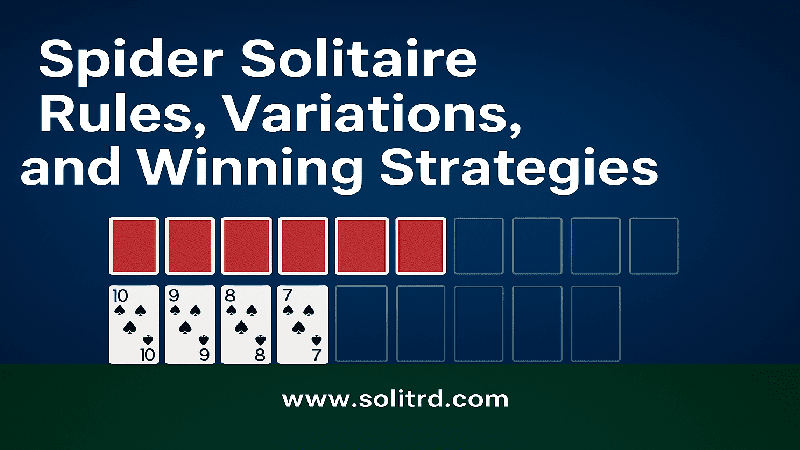Top Intermittent Fasting Schedules That Work

✨ Introduction 🌟
Ever thought about how you can lose weight, increase energy, and make your eating habits simpler withOUT counting every single calorie?
👉 The answer can be intermittent fasting!
Intermittent fasting is flexible and focuses more on when you eat rather than what you eat (not strict diets). Plus, you can select a schedule based on your lifestyle. 🕒✨
In this guide, you will discover the top intermittent fasting schedules that work, how they compare side by side, and how to choose the right schedule for you to optimize your health!
Ready? Let’s jump right in! 🚀
🤔 What is Intermittent Fasting?
Intermittent fasting (IF) is an eating pattern that cycles between periods of eating and periods of fasting. IF emphasizes timing rather than restricting your calories.
When fasting, your body switches from using food energy for fuel to utilizing your body’s stored fat as an energy source. This switch is beneficial for fat and weight loss outcomes and can provide other health benefits. 🥗🔥
There are many intermittent fasting schedules to choose from — and it is important to note that some will work better than others based on one’s lifestyle and fasting goals.
🌟 Intermittent Fasting Benefits
✨ Encourages fat loss without losing muscle
✨ Better metabolic health
✨ Supports cellular repair and longevity
✨ Better insulin sensitivity
✨ Easier meal planning
🗂️ Comparison of Top Intermittent Fasting Schedules
| 🕒 Schedule Name | 🍽️ Eating Window | ⏳ Fasting Window | 👥 Best For | ⭐ Difficulty Level | 🎯 Expected Benefits |
|---|---|---|---|---|---|
| 16/8 Method | 8 hours | 16 hours | Beginners | ⭐⭐☆☆☆ | Weight loss, mental clarity |
| 5:2 Diet | Normal 5 days; <600 kcal 2 days | 24 hours (twice a week) | Busy schedules | ⭐⭐⭐☆☆ | Fat loss, metabolic health |
| Alternate Day Fasting | Every other day normal eating | 36-hour fasting | Experienced fasters | ⭐⭐⭐⭐☆ | Quick fat loss, insulin sensitivity |
| One Meal a Day (OMAD) | 1 hour (single meal) | 23 hours | Advanced fasters | ⭐⭐⭐⭐⭐ | Rapid weight loss, simplicity |
| 12/12 Method | 12 hours | 12 hours | Beginners/maintenance | ⭐☆☆☆☆ | Health maintenance, easy start |
| Eat-Stop-Eat | Normal 5–6 days | 24-hour fast 1–2 times/week | Flexible schedules | ⭐⭐⭐☆☆ | Fat burning, simplicity |
🕒 Popular Intermittent Fasting Schedules Explained
1️⃣ 16/8 Method (Leangains Protocol)
✅ Eat during an 8 hour eating window (ex. 12 pm – 8 pm)
✅ Fast for 16 hours overnight
👉 Why it works: Allows you to fit into your daily life easily. You skip breakfast and have two balanced meals plus a snack. It is excellent for beginners and very sustainable for the long haul! 🥗🍗
2️⃣ 5:2 Diet
✅ Eat normally on 5 days of the week
✅ Fast on 2 days of the week (non-consecutive) and keep intake to 500-600 calories
👉 Why it works: It is not an everyday fast which is appealing for people with busy lives. It will help reduce overall caloric intake over the week without feeling deprived. 🍳🍵
3️⃣ Alternate Day Fasting (ADF)
✅ Alternate every other day for normal eating day and fasting (or very low calories) day.
👉 Why it works: Extremely effective for rapid fat loss and improving metabolic markers. Much more advanced — not ideal for beginners.
4️⃣ One Meal a Day (OMAD)
✅ Eat one large meal per day in a 1 hour eating window
✅ Fast for 23 hours
👉 Why it works: Easy and effective for serious fat loss. May be a driving force for those who have constant hunger, and can sometimes be tough to do socially. 🍽️🥩
5️⃣ 12/12 Method
✅ Eat during a 12 hour window (ex. 7 am – 7 pm)
✅ Fast for 12 hours overnight
👉 Why it works: Easiest fasting method— perfect for beginners. Supports healthy circadian rhythms and is good for long-term maintenance. 🌙☀️
6️⃣ Eat-Stop-Eat
✅ Fast for 24 hours once or twice a week
✅ Eat normally on other days
👉 Why it works: Flexible and effective for weight loss. Gives your body time to reset and burn fat. 🔥
🧭 How to Choose the Best Intermittent Fasting Schedule for You
✅ Beginners: Start off with 12/12 or 16/8
✅ Busy lifestyle: Try 5:2 Diet
✅ Looking for rapid results: Alternate Day Fasting, or OMAD (only if experienced)
✅ Flexibility: Eat-Stop-Eat
👉 Trust your body — not every schedule works for everyone. The best intermittent fasting schedule is the one you can adhere to! 💪✨
❓ FAQs About Intermittent Fasting
1️⃣ Can I drink coffee while fasting? ☕
Yes! Black coffee, tea, and water are allowed during fasting times. Avoid anything with calories.
2️⃣ Will intermittent fasting make my metabolism slow? ⚡
No, short-term fasting can temporarily increase your metabolism. Long-term fasting, however, can slow it down, so proceed with caution.
3️⃣ Is intermittent fasting safe for everyone? 🛡️
It is not for everyone. If you are pregnant or breastfeeding, have a medical diagnosis, or are underweight, you probably should not intermittent fast. Talk to your doctor!
4️⃣ Can intermittent fasting assist with weight loss? ⚖️
Yes! Intermittent fasting will reduce calorie intake and switch the body to fat burning, therefore it is effective for fat loss!
5️⃣ How long does it take to see results? ⏳
Results will vary by individual. Some individuals may see changes within a few weeks: 2–4 weeks, while others may take longer. What is important is to be consistent!
6️⃣ Do I have to count my calories? 🔢
Absolutely not! Fasting will naturally reduce calorie intake, and most experts do NOT recommend tracking calories while intermittent fasting. If weight loss stalls, consider counting for a short period for awareness.
7️⃣ Can I workout while fasting? 🏋️
Yes! Many people workout while fasting! When you start, you may want to do lighter workouts, and gradually work to a full routine.
🎉 Final Thoughts
Intermittent fasting is NOT a one-size-fits-all protocol — and that is the beauty of it. Whether intermittent fasting 16/8, 5:2, or OMAD, there is a method that works for YOUR body and YOUR lifestyle.
👉 The main thing? Start slowly, listen to your body, and be consistent.
And remember: intermittent fasting is just a tool — not a magic cure — that should be coupled with a healthy diet, exercise, and appropriate sleeping. 🌿💪
So are you ready to try? You can do it! 🚀✨
Solitaire hones strategic thinking and sharpens attention. It offers a peaceful activity that helps ease stress and fosters a sense of calm. The game encourages discipline, patience, and independent problem-solving. With its simple yet engaging nature, solitaire provides a fun and effective way to keep the mind active and refreshed.






